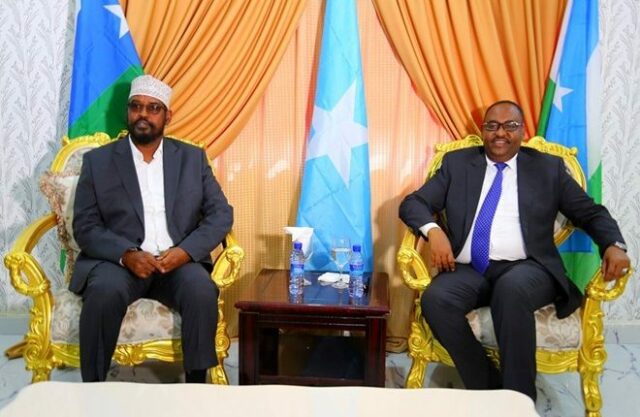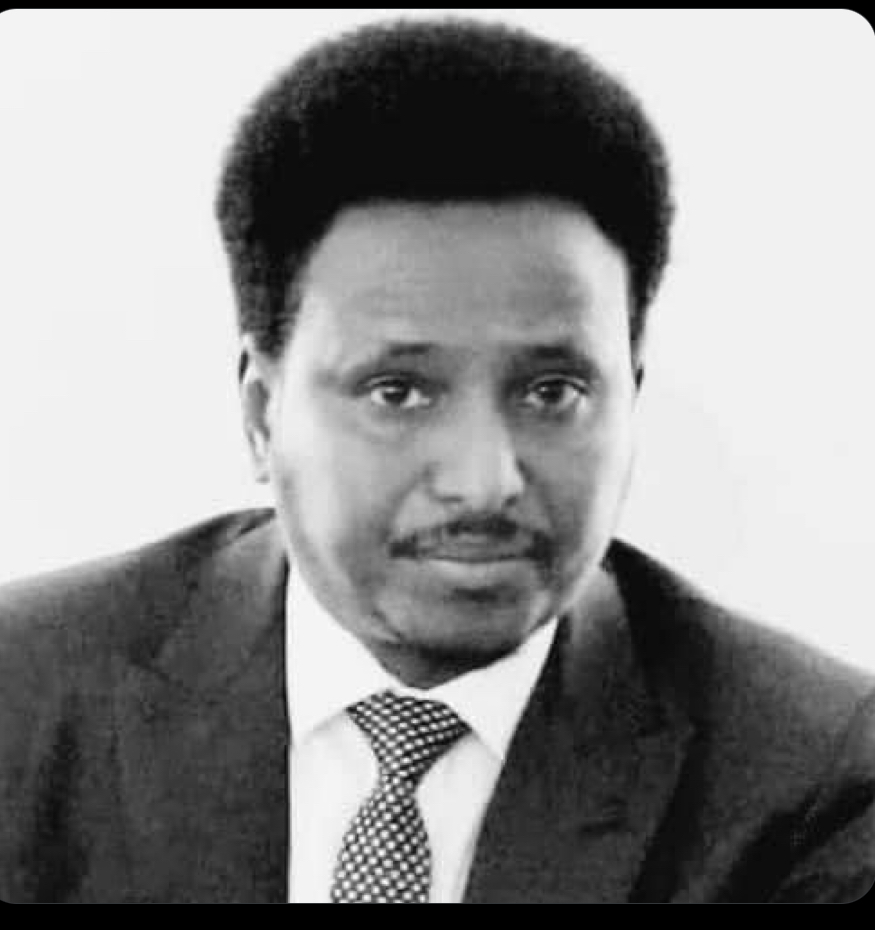The signing of a Memorandum of Understanding (MoU) by Muse Bihi’s administration has sparked widespread concern and debate, both domestically and internationally. But while much of the focus has been on the document itself, the deeper problem lies in the leadership that allowed it to happen. Muse Bihi’s actions are part of a larger crisis in leadership that has plagued Somalia for years, where decisions are often driven by desperation, self-interest, and a lack of accountability…
The bigger issue Somalia faces is not just dealing with desperate agreements like Bihi’s MoU but confronting the fractured political landscape that allows such decisions to be made in the first place. Somalia’s central government has struggled to foster unity, paving the way for regional entities to act as near-independent states. This growing disconnect is emblematic of a deeper governance crisis that Somalia must address.
The Failed Somaliland Project: Secessionism and the Roots of Instability
At the heart of Muse Bihi’s recent actions is the frustration and failure surrounding Somaliland’s secessionist project. For over 30 years, leaders in Somaliland have sought to break away and form an independent state, driven by grievances over perceived marginalization, corruption, and an exclusionary power-sharing system in Somalia.
However, the project has now reached a point of disintegration. The massacre in Goojacade, which led to the departure of SSC-Khatumo from the Somaliland alliance, and recent declarations from Awdal that the secessionist project is dead, expose the deep fractures within Somaliland. Muse Bihi’s attempt to gain recognition through the MoU is a desperate move, a final attempt to salvage legitimacy in a region that no longer views itself as united.
The Central Government’s Role: Failure to Reconcile and Unite
Beyond Somaliland, Somalia as a whole is grappling with an equally troubling challenge: the central government’s failure to foster genuine reconciliation and national unity. The central government in Mogadishu has historically failed to engage in meaningful dialogue with the various regions and address the grievances that stemmed from the civil war. These grievances, left unresolved for decades, have led to widespread distrust in national institutions, with many Somalis trusting only their clans to protect their interests.
This failure to address the core issues of marginalization and injustice has enabled regional entities to flourish as quasi-independent states. Puntland, South West, Hirshabelle, Jubbaland, and Galmudug all function as clan-based regional entities, each with its own president, parliament, and government apparatus. In practice, these regions act as independent states, reflecting the absence of a unifying central authority.
The federal system, designed to decentralize power, has instead deepened fragmentation. Rather than fostering unity, it has allowed clan-based regional administrations to act autonomously, often in defiance of the central government. Mogadishu has been unable to bring these regions together under a common national vision, and as a result, Somalia is more fractured today than ever before.
The Need for Genuine Reconciliation and Inclusive Governance
To prevent future crises like this, Somalia must move beyond crisis management and address the underlying issues that have fueled instability and division for decades. At the heart of this is the need for genuine reconciliation and inclusive governance. Somalia’s future cannot rest solely on reacting to desperate decisions by it’s leaders. Instead, the country must foster national dialogue, bringing together stakeholders from all regions to the negotiating table.
A genuine reconciliation process must address the grievances that led to the secessionist movements and the establishment of clan-based regional entities. The power-sharing system, driven by clan affiliations and personal interests, has alienated large segments of the population, leaving many to feel that they have no stake in Somalia’s national future.
Additionally, Somalia’s leaders must transcend their clan-based loyalties and corruption-driven motivations to establish a governance structure that reflects the nation’s diverse regions and communities. This means creating a system that is not solely defined by clan divisions but one that promotes fairness, accountability, and inclusion at all levels of government.




